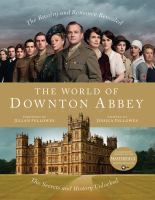With the 100th anniversary of the start of the first world war coming up I’ve been rereading one of my favorite books that takes place during that time, Rilla of Ingleside by Lucy Maud Montgomery. While this book is marketed to children it can be enjoyed equally well by adults and indeed I think I was too young to appreciate it when I read it the first time as a child. Rilla is the youngest child of Anne Shirley and Gilbert Blythe and is turning fifteen in the summer of 1914. She is a pretty and frivolous girl whose only goal is to have a good time. The book chronicles the changes that Rilla, her family, her community and the world go through because of the war. While reluctant at the beginning, Rilla does her part for the war effort by starting a chapter of the Junior Red Cross, organizes concerts to raise funds and sells war bonds. She even takes in an abandoned baby and raises it, to her family’s great surprise. She has to cope with tragedy too when her favorite brother Walter is killed in action. All this helps her mature, change and fulfill her potential in ways that she might not have done otherwise.
Rilla was based on the real diaries that Lucy Maud Montgomery kept during WWI and because of that it has a realism that I find is missing in other novels I’ve read that are set in the same time period. So if you want find out what it was like on the homefront during WWI as well as what happens to Anne’s family, pick up Rilla and enjoy.



